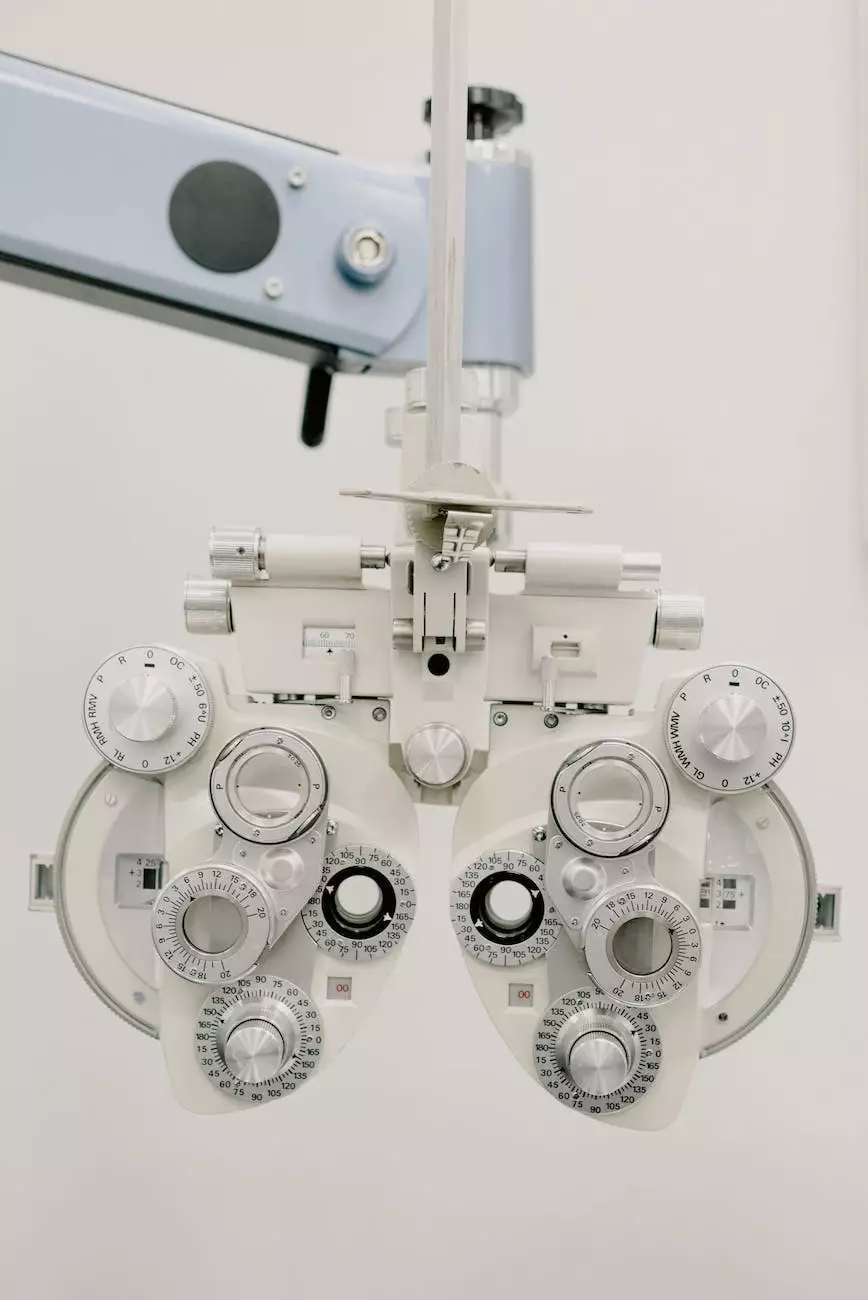Early Symptoms of Lung Cancer in Non-Smokers

Welcome to the informative article that will help you understand the early symptoms of lung cancer in non-smokers, brought to you by Neumark Surgery, your trusted source for medical expertise in the field of thoracic health.
Introduction to Lung Cancer in Non-Smokers
Contrary to popular belief, lung cancer is not exclusive to smokers. There is a significant number of cases where non-smokers are diagnosed with this condition. Detecting the early symptoms of lung cancer in non-smokers is crucial for effective treatment and improved outcomes. Let's explore the signs you should look out for.
Identifying the Early Warning Signs
Early diagnosis plays a vital role in the successful treatment of lung cancer in non-smokers. While the symptoms may be subtle, being aware of them can save lives. Here are some of the early warning signs:
- Persistent cough: A chronic cough that lasts for more than a few weeks should not be ignored. It may be accompanied by blood in the phlegm and could be an indication of lung cancer.
- Shortness of breath: If you experience unexplained and persistent shortness of breath, it is important to consult with a healthcare professional to evaluate any underlying causes.
- Chest pain: Constant chest pain that worsens over time or intensifies during coughing, laughing, or deep breathing should be evaluated by a medical expert.
- Hoarseness: Sudden hoarseness or voice changes without any apparent reason may signal a potential problem, and it is advisable to seek medical attention.
- Weight loss: Drastic and unintended weight loss should always be investigated, as it can sometimes be an early indication of lung cancer or other underlying health conditions.
- Unexplained fatigue: Persistent fatigue and tiredness that don't seem to improve even with enough rest might be an alarming symptom that calls for medical advice.
Importance of Regular Check-ups
Regular check-ups and screenings are crucial for individuals, even if they don't smoke. Early detection through periodic tests greatly increases the chances of successful treatment. At Neumark Surgery, our team of highly skilled doctors and medical professionals advocate for early intervention through comprehensive screening procedures.
Diagnosing Lung Cancer in Non-Smokers
When you approach a medical center for lung cancer diagnosis, your healthcare provider may employ various techniques to determine the presence of cancer, including:
- Imaging tests: X-rays, CT scans, or MRIs can help visualize the lungs and identify any abnormalities or potential tumors.
- Biopsy: A tissue sample is usually obtained through a minimally invasive procedure, such as bronchoscopy or needle biopsy, for further examination under a microscope.
- Blood tests: Specific blood tests may be conducted to look for biomarkers that could indicate the presence of lung cancer.
Treatment Options for Lung Cancer in Non-Smokers
Once diagnosed, your medical team will determine the most suitable treatment plan based on various factors, including the stage and type of lung cancer. Potential treatment options for lung cancer in non-smokers include:
- Surgery: Depending on the stage and location of the tumor, surgical intervention may be recommended to remove the cancerous tissue.
- Radiation therapy: High-energy radiation is used to target and destroy cancer cells, often as a standalone treatment or in combination with surgery or chemotherapy.
- Chemotherapy: Anti-cancer drugs are administered intravenously or orally to kill cancer cells and inhibit their ability to grow and divide.
- Targeted therapy: This treatment method aims to target specific genetic mutations or proteins within cancer cells to prevent their growth and spread.
Prevention and Lifestyle Changes
While there is no foolproof guarantee against lung cancer, certain lifestyle changes can help reduce the risk for both smokers and non-smokers:
- Avoid smoking: If you are a non-smoker, do not start smoking. If you are a smoker, it's never too late to quit. Seek support and explore smoking cessation options.
- Maintain a healthy diet: A well-balanced diet rich in fruits, vegetables, and whole grains can support overall health and reduce the risk of developing cancer.
- Exercise regularly: Engaging in physical activity can boost your immune system and improve your overall well-being.
- Protect against radon exposure: Radon is a naturally occurring gas that can accumulate in homes. Make sure your living environment is tested and appropriately mitigated if necessary.
- Avoid exposure to secondhand smoke: If you are a non-smoker, limit your exposure to environments where others smoke to minimize the risk of inhaling harmful substances.
Seeking Expert Medical Attention
If you experience any of the early symptoms mentioned or have concerns about your lung health, it is essential to consult a medical professional promptly. Don't delay seeking help, as early detection and early intervention significantly increase the chances of successful treatment and improved outcomes.
At Neumark Surgery, our team of expert doctors, medical centers, and plastic surgeons is dedicated to providing the highest level of care and treatment options for lung cancer in non-smokers. Contact us today to schedule a consultation and prioritize your thoracic health.
early symptoms lung cancer non smokers









